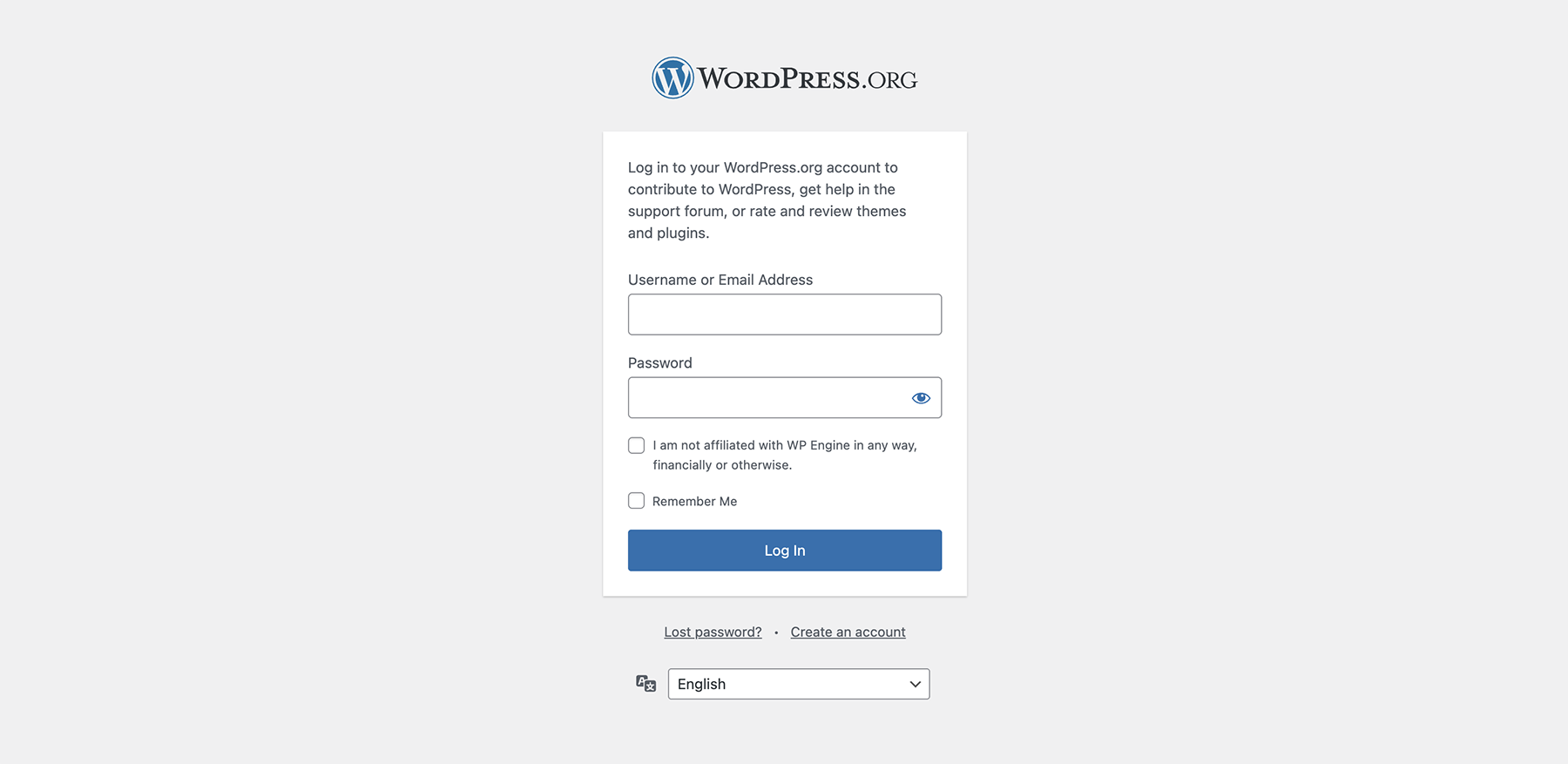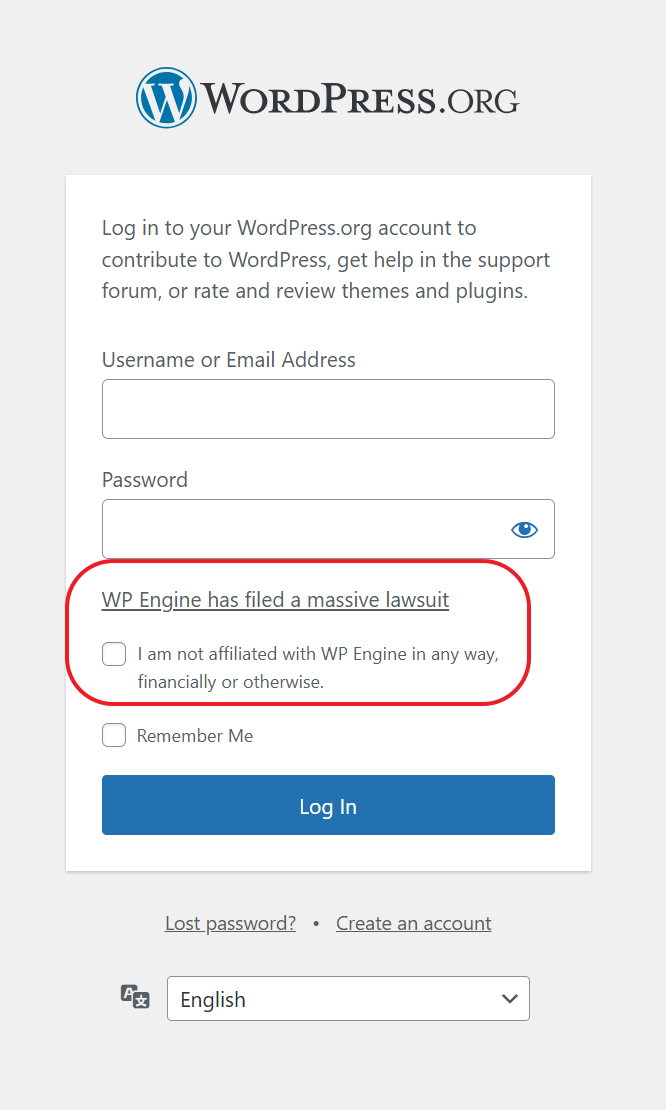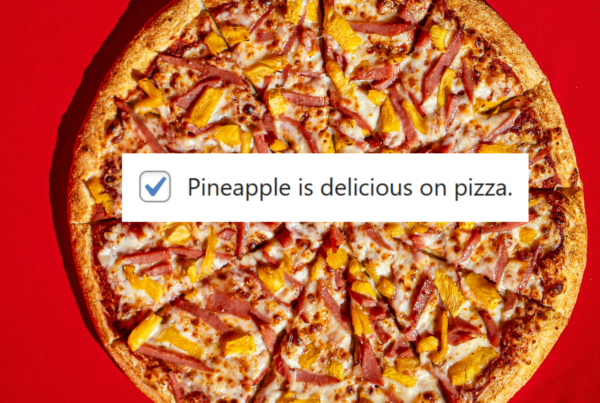
The longstanding friction between WP Engine and Automattic, the company behind WordPress.org, has reached new heights. In recent weeks, users logging into WordPress.org have encountered unexpected changes in the login process: a new, mandatory checkbox and a brief mention of WP Engine’s ongoing legal dispute. Here’s the story behind these updates and the community’s response.
What Sparked the Conflict?
The roots of the tension between WP Engine, a prominent WordPress hosting provider, and Automattic go back to WordCamp US 2024, where WordPress co-founder Matt Mullenweg delivered a controversial address. Mullenweg labeled WP Engine a “cancer to WordPress,” igniting an industry-wide discussion on Automattic’s control over the platform. Following this, WP Engine escalated the conflict by filing a lawsuit, intensifying the discord.
New Login Check Box Requirement
In a recent twist, WordPress.org added a mandatory checkbox to its login page. Users now must confirm they have no “financial or other” affiliation with WP Engine to proceed. Though the lawsuit mention was quickly removed, the checkbox remains, raising concerns and questions across the community. WordPress.org addressed the issue, tweeting: “If you have questions on whether you are affiliated with @wpengine or not, please get in touch with them.”
When questioned by WordPress core contributors, Mullenweg explained that the checkbox serves as part of WP Engine’s “ban” from WordPress.org. He clarified that the checkbox responses are not stored, but that WP Engine’s lawsuit has placed WordPress.org users in potential legal crosshairs, making the affiliation checkbox necessary for now.
How the Community is Responding
For the community, the dispute has been polarizing. Some members have found themselves blocked from WordPress’s Slack channels, including contributors from teams like the WordPress Advanced Administration Handbook and the REST API project. Many WordPress contributors and users have voiced their frustrations on social media, questioning the checkbox’s implications and expressing discontent over the conflict.
Rajendra Zore, CMO of RunCloud, summarized the community’s frustration: “Every day, I hope today will be the day this WP vs WPE drama ends… [The community] feels like a child caught between fighting parents.” Some developers, like Daan van den Bergh, are even reconsidering their engagement with WordPress due to the ongoing drama: “I’m starting to dislike WordPress because of this… I don’t care about WP Engine, yet I get slapped in the face with this drama every day.”
Meanwhile, high-profile figures in tech, including Ruby on Rails creator David Heinemeier Hansson, have weighed in on the broader implications of the conflict for open source projects. Hansson criticized Automattic, suggesting they are “doing open source dirty” by trying to control community access to WordPress.org. He argued, “If the terms of the license aren’t clear and consistent, certainty is lost.”
WP Engine’s Response
In a tweet, WP Engine expressed their disappointment, saying: “We have seen a new checkbox for logins at WordPress.org that has created confusion amongst the community.” WP Engine emphasized their commitment to the WordPress ecosystem, voicing concerns about how the checkbox might affect their users and partners who are now unexpectedly required to confirm non-affiliation.
Moving Forward
As the community watches for resolution, some are finding humor in the situation. One user group, TheWPGirls, released a parody song titled WP Engine Affiliate Blues (Can’t Prove I’m Innocent). Still, others are left feeling discouraged by the effects of the high-stakes dispute on the WordPress community’s morale.
Ultimately, this conflict between Automattic and WP Engine underscores the challenges open-source projects can face when balancing community-driven ideals with commercial interests. For the WordPress community, it’s a stark reminder of the complexities involved in managing one of the world’s most popular open-source platforms. As these companies continue to navigate the dispute, the community remains hopeful for a resolution that will bring an end to the divisive drama.

WordPress.org Introduces Affiliate Check Box Amid WP Engine Dispute




